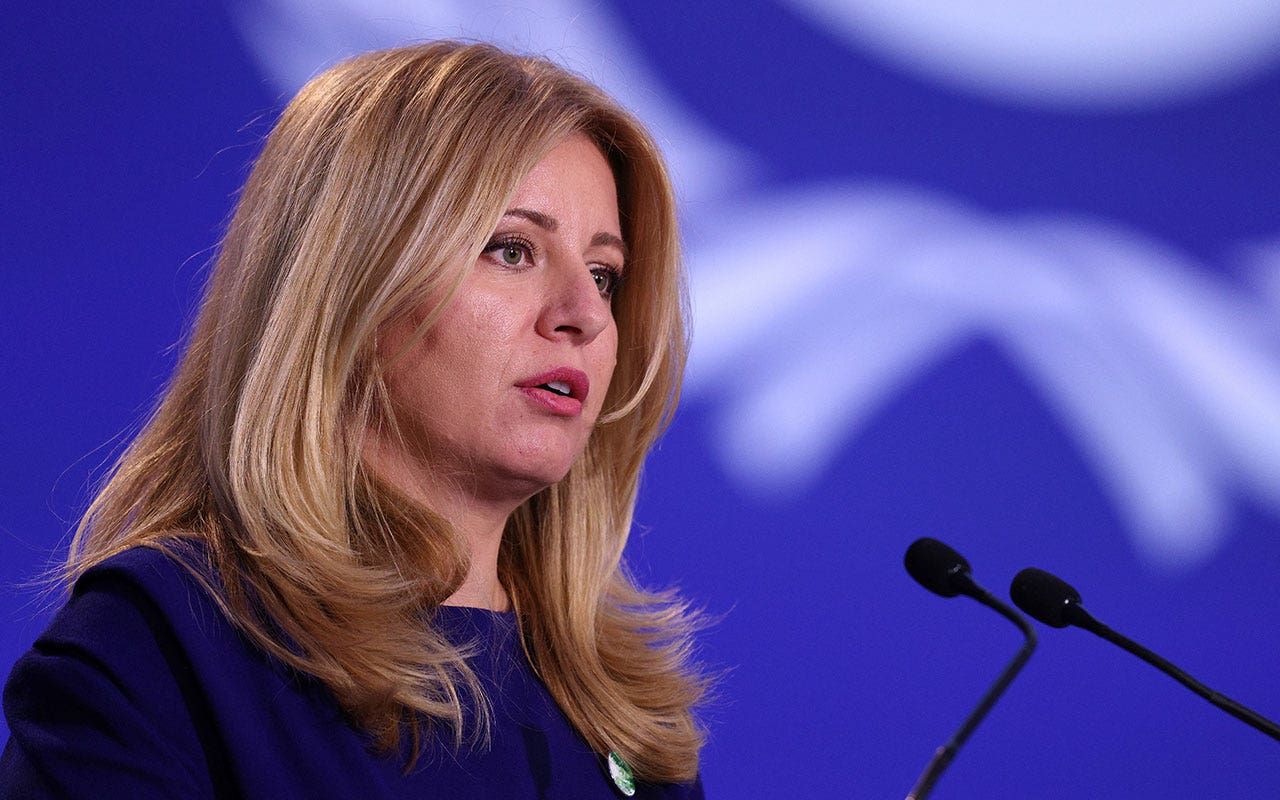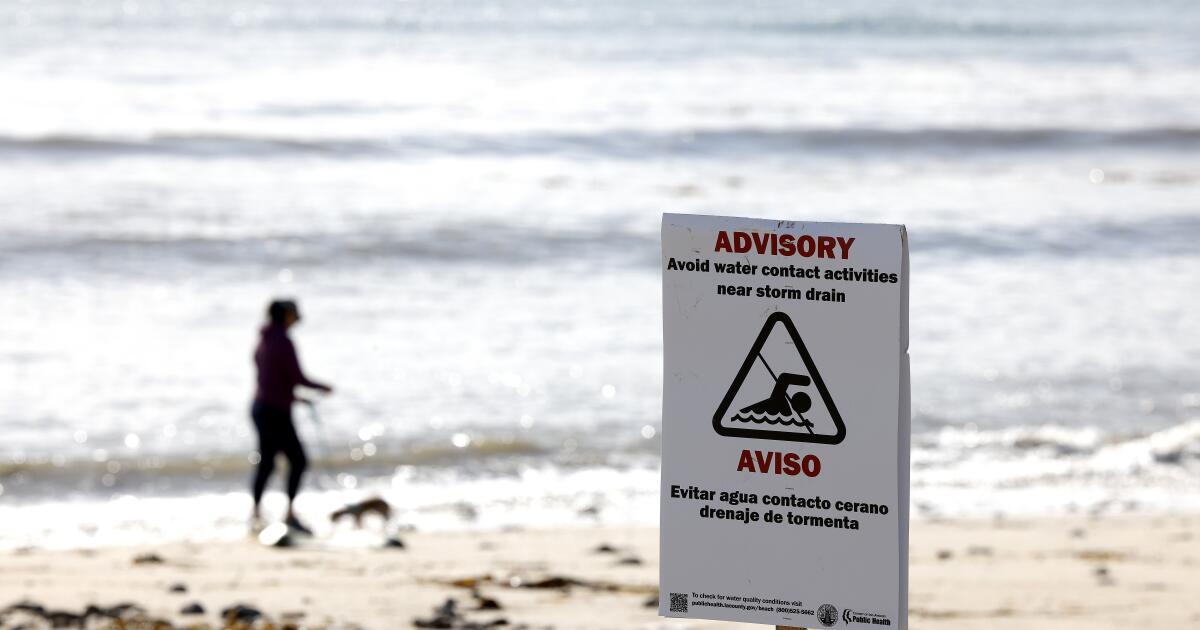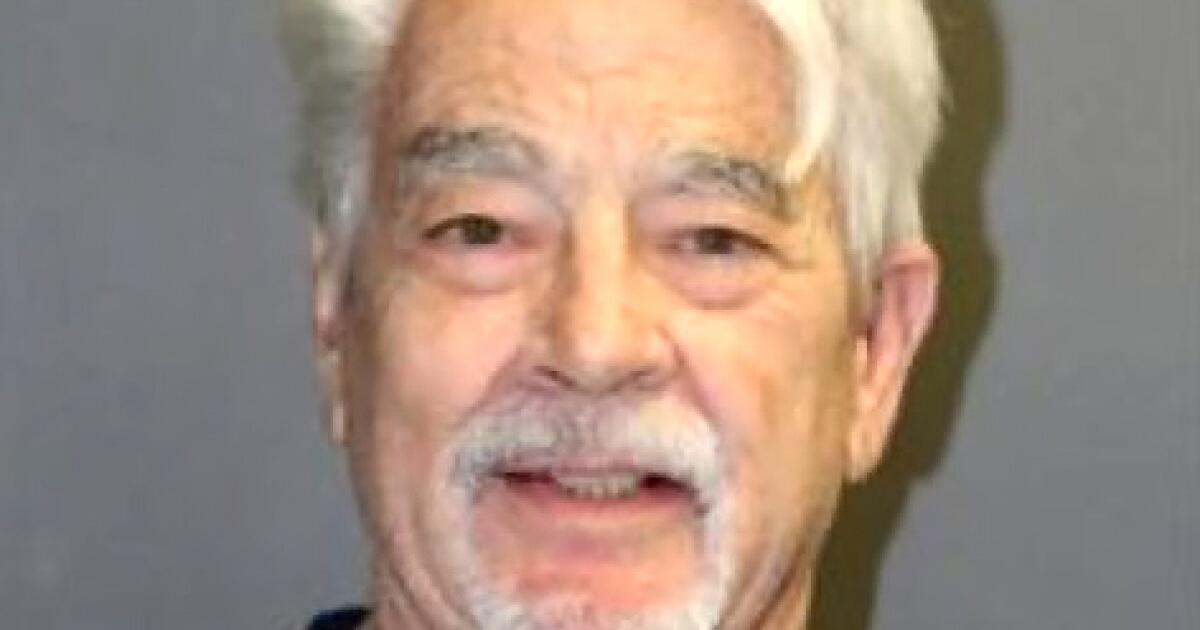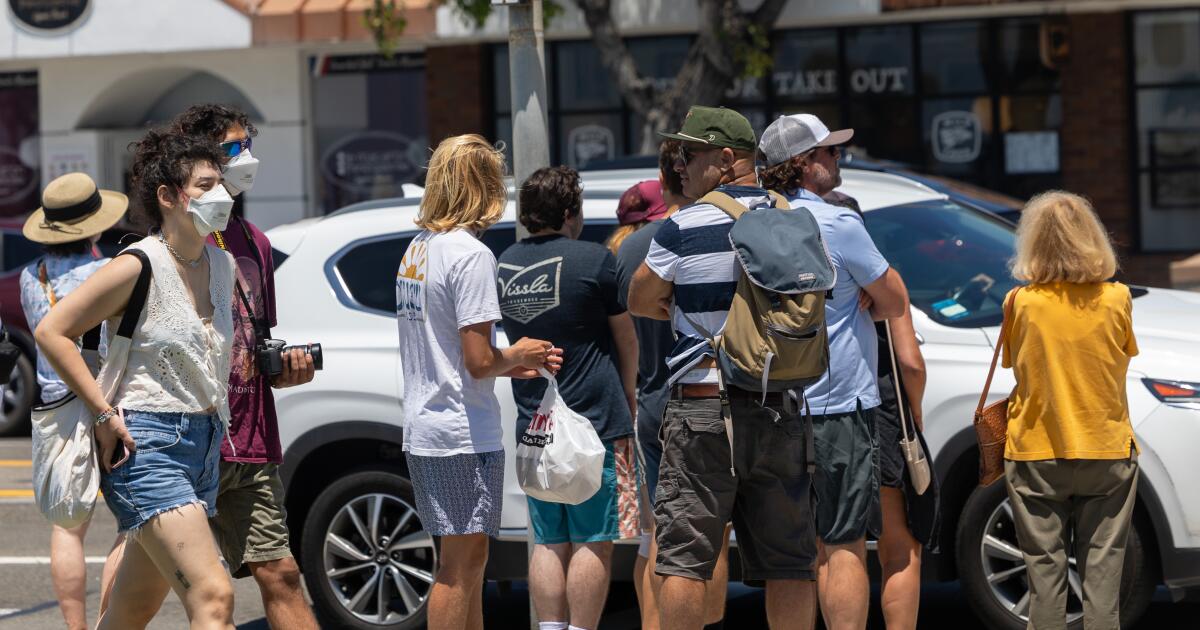- Slovakia's president, Zuzana Caputova, is challenging a recent amendment that eliminates the special prosecutor's office that deals with serious crimes and corruption.
- Caputova seeks to freeze the legislation, which was passed by lawmakers loyal to populist Prime Minister Robert Fico.
- The amendment, approved in early February, has faced criticism nationally and internationally.
Slovakia's president said Friday she will challenge in the Constitutional Court an amendment to the country's criminal code that eliminates the office of special prosecutor who deals with serious crimes and corruption.
President Zuzana Caputova said she was also asking Slovakia's top court to freeze the legislation, which was passed by lawmakers loyal to populist Prime Minister Robert Fico, until it rules on her complaint. It is unclear when the court will rule.
The measure, approved by Parliament on February 8, has faced harsh criticism inside and outside the country.
THOUSANDS TAKE TO THE STREETS IN SLOVAKIA IN NATIONWIDE ANTI-GOVERNMENT PROTESTS
The changes include the abolition of the special prosecutor's office, which deals with serious crimes such as corruption, organized crime and extremism. Those cases would be taken on by prosecutors in regional offices, which have not dealt with such high-level crimes for 20 years.
Slovak President Zuzana Caputova speaks on November 2, 2021 in Glasgow, Scotland. Caputova said Friday that she will challenge in the Constitutional Court an amendment to the country's criminal code that eliminates the special prosecutor's office that deals with serious crimes and corruption. (Adrian Dennis – Pool/Getty Images)
The changes also include a reduction in penalties for corruption and some other crimes, including the possibility of suspended sentences, and a significant reduction in the statute of limitations, including for rape and murder.
Caputova has warned that the changes endanger the rule of law and could harm society.
Thousands of Slovaks repeatedly took to the streets in protests that began more than two months ago and have spread from the capital, Bratislava, to more than 30 cities and towns and even abroad.
The European Parliament has questioned Slovakia's ability to fight corruption if the changes are adopted. The European Public Prosecutor's Office has said Slovakia's plans threaten the protection of the EU's financial interests and its anti-corruption framework.
SLOVAKIA'S GOVERNMENT, LEADED BY ARDIENT CRITIC OF UKRAINE AND JOURNALISTS, SURVIVES MANDATORY VOTE OF CONFIDENCE
The ruling coalition pushed through the amendments through a fast-track parliamentary procedure, meaning the bill was not reviewed by experts or others usually involved in the process. The coalition also limited time for parliamentary debate.
Several people linked to the prime minister's party, including legislators, face prosecution for corruption cases.
Fico returned to power for the fourth time last year after his leftist Smer (Direction) party won the Sept. 30 parliamentary election on a pro-Russian, anti-American platform.
Fico, who ended the country's military aid to Ukraine, joined forces with another leftist group Hlas (Voice) and the ultranationalist Slovak National Party, a major pro-Russian force in Slovakia, to form a majority government.
Critics worry that Slovakia could abandon its pro-Western course and follow the lead of Hungary under Prime Minister Viktor Orbán.












